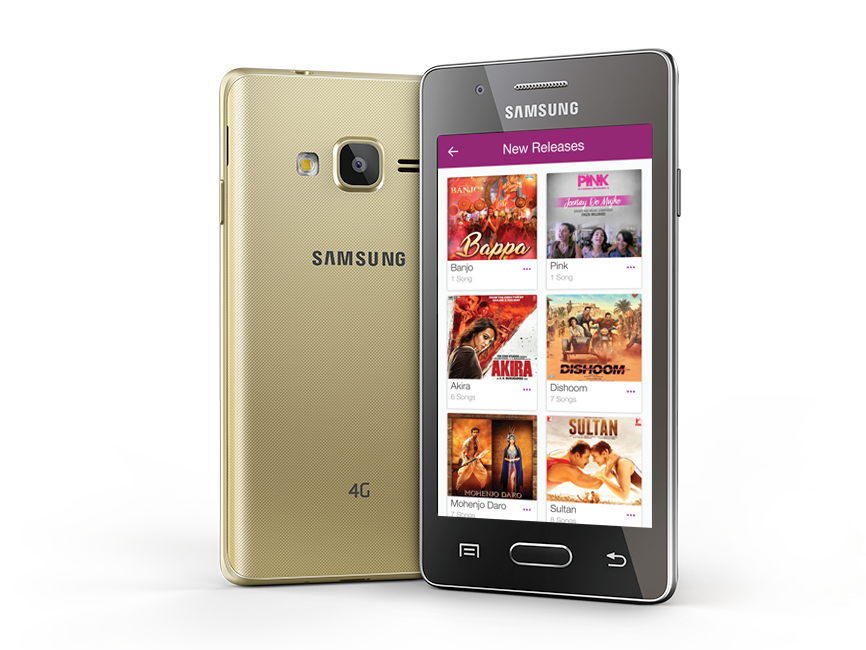Affiliate links on Android Authority may earn us a commission. Learn more.
Samsung is still working on Tizen phones (and that’s the smart thing to do)
January 27, 2017

Hey there, remember Tizen? No? Maybe just vaguely? We wouldn’t blame you. News about Samsung’s homegrown mobile OS has been scarce over the past years, at least when it comes to phones. It sure looks like the Korean giant is happy to let people forget it ever tried to create its own Android alternative.
As it turns out, Samsung is not throwing in the towel just yet. The fourth Tizen smartphone will be released by the middle of the year, according to sources cited by The Investor. Specs are a mystery for now, but don’t expect anything impressive – Tizen is still earmarked for the cheapest phones in Samsung’s catalog.
According to SamMobile, the next Tizen phone is known internally as “Pride.” Dubbed SM-Z250F, the device will run Tizen 3.0 and it will be released in the same markets as previous devices in the series, including India, Bangladesh and Nigeria.
“Pride” will feature voice controls, claim the rumors, which isn’t really surprising – Samsung has been steadily bringing “high-end” features like water resistance, mobile payments, and fingerprint sensors down to its entry-level devices. Perhaps Bixby AI won’t be fully ported to Tizen, but at least some basic AI features would let Samsung differentiate its devices.
[related_videos align=”left” type=”custom” videos=”718889,714582,713382,702787″]
To be clear, Android will remain the bread and butter of Samsung’s budget lineup. The company expects to sell an incredible 100 million Android-powered Galaxy J phones this year, says The Investor.
Tizen phones are pretty much in the same place they were last year (and the year before). A couple of token devices are available, but it’s clear that Samsung doesn’t want to invest more than what is needed to keep Tizen alive.
Things are a bit livelier when it comes to other devices: the Gear S3 is reasonably successful, and Samsung adopted Tizen for its smart appliances and popular TV lineup. There was even talk about a Tizen smartwatch coming from HUAWEI, one of Samsung’s partners in the Tizen development consortium. Meanwhile, Samsung teamed up with Microsoft to facilitate app development for the operating system.
Wait, but why?
If Samsung isn’t really doing much with Tizen on smartphones, why is it even bothering?
Probably because it’s the safe thing to do. By keeping Tizen on the back burner, Samsung makes sure that it has a platform ready to take over in the eventuality of an “Android apocalypse.” That’s a very unlikely perspective, but when tens of billions are at stake, companies tend to become paranoid, and rightly so. Nokia and BlackBerry waited on their “burning platforms” for too long, and look where that has got them.
Last year, Google became a competitor to Samsung (and everyone else in the Android ecosystem). This year, the Pixel line-up could expand into the mid-range. Small-scale as it may be, this new venture might be enough to send shivers down the spines of executives in Seoul.
Tizen gives Samsung a Plan B, and any serious organization needs a Plan B in case everything goes to hell. By keeping Tizen alive, even if only barely so, Samsung gives itself a better chance to survive the transition to The Next Thing, whatever that Thing might be.
If there’s any phone maker that could drop Android and still thrive, that’s Samsung. The company is making billions every quarter from its component business, so even if it stopped selling smartphones completely, it would still hum along just fine. Some of those fat profits from components could be used to kick-start Tizen. And there’s little that a massive marketing budget can’t do.